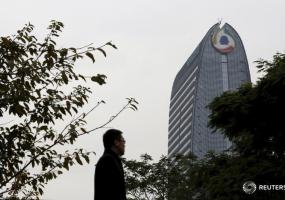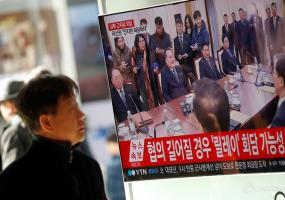Tweet first , verify later? How real-time information is changing the coverage of worldwide crisis events

Reuters Institute Fellow's Paper
Nicola Bruno, an Italian journalist specialising in digital media and technology and its effect on journalism, has written a fascinating research paper on how mainstream media used social media in the aftermath of the Haiti earthquake in January 2010.
In his study entitled, ‘Tweet first , verify later? How real-time information is changing the coverage of worldwide crisis events’, Nicola looks at how the so-called ‘Twitter effect’ allows mainstream media to provide live coverage without any reporters on the ground, by simply newsgathering user-generated content available online. He aims to answer three key questions:
1. How is the Twitter effect changing the coverage of crisis events around the world? Do user-generated contributions actually help produce more timely and accurate reporting?
2. To what extent does user-generated content replace old-school ways of reporting during a crisis event?
3. What happens to journalistic standards of relevance and reliability?
Nicola focuses his attention on the online coverage of the Haiti Earthquake in three mainstream online media outlets: bbc.com, Guardian.co.uk, and cnn.com. He describes the different approaches to social media at the BBC (more centralized), The Guardian (more decentralized) and CNN (community-centered), then uses content analysis to find out in more detail how the three organisations used social media in different ways to cover the disaster both in the immediate aftermath (when they had no correspondents) and one week later (when they did).
Amongst Nicola’s many interesting findings are that ‘Compared to The Guardian and the BBC, overall, CNN was much more open to user-generated content: the combination of Twitter sources, YouTube, Facebook, blog posts and the iReport material provided a variety of accounts from different areas of Haiti.
As with all Fellows’ research papers, any opinions expressed are those of the author and not of the Institute.





